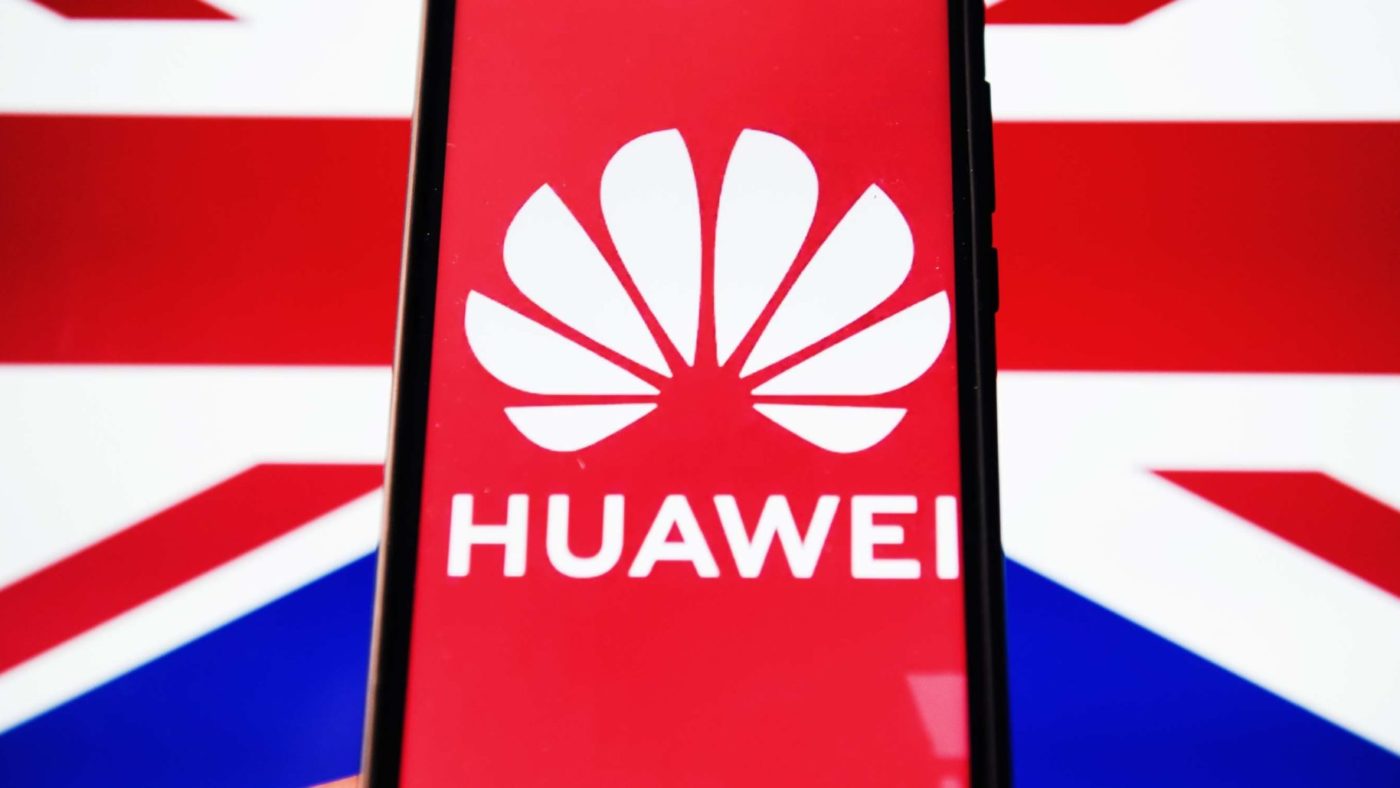As the UK grapples with the fallout from the pandemic, the decision to allow Huawei’s involvement in our new 5G network looks increasingly fraught. Before the outbreak the Government had faced a big backbench rebellion, narrowly avoiding defeat in the Commons by 24 votes in March. Because of the decision to use Huawei, the US is reviewing defence assets in Britain, with spy planes, fighter jets and other core elements of joint security infrastructure under threat.
Domestic pressure for a review of Britain’s relationship with China is also growing. Last week a network of Conservative MPs launched the China Research Group to counter Beijing’s influence in Westminster. In an unusual move, both MI5 and MI6 have publicly called on the Government to reassess its China policy in the wake of the pandemic, particularly in high tech infrastructure.
Such calls are justified. We now know that China’s slow and inaccurate reporting during the early stages of the outbreak cost the world vital weeks in which to prepare for the pandemic. Initial data submitted to the WHO was delayed and erroneous, hiding the evidence for human transmission of the virus. Doctors who first raised concerns of a novel coronavirus were arrested – a depressingly routine response in a political system which has little time for dissent of any kind.
In a desperate attempt to dampen global criticism, China has been mounting a vigorous disinformation campaign, including diplomats regularly voicing conspiracy theories about the virus originating in America. Regardless of how we might assess China’s subsequent response to the pandemic, the last few months have revealed just how untrustworthy a partner Beijing is. Those who depend on her do so with perilous consequences.
Even before the virus upended economic and political life, the decision to approve Huawei’s involvement appeared confused. The Government even appeared to acknowledge how risky a move it was by designating Huawei a “high risk vendor” due to its deep links with the Chinese state.
Like all Chinese firms, Huawei would be legally obliged to assist in intelligence operations if called upon. Efforts to mitigate this risk by restricting Huawei’s equipment to the periphery of the network are doubtful, relying on an outdated distinction between the core and the edge of a network that experts warn no longer applies for 5G.
At the crux of the issue is the government’s attempts to find a technical solution to what is a strategic problem. 5G will form the backbone of our national communications infrastructure, underpinning connectivity in areas such as defence, energy and transport. With so much at stake, we must ask whether a high risk vendor should play any role at all in critical infrastructure. China’s troubling record of conducting cyber attacks in Britain suggests that it would be willing to use its access to Huawei as a real and potent threat during an escalating crisis.
Most importantly, the Government’s current stance on Huawei risks isolating Britain from its closest allies. The Five Eyes alliance is one of Britain’s most comprehensive and longstanding security partnerships. Yet in approving Huawei Britain has sparked calls by the US to review intelligence sharing arrangements within the network.
Along with its allies, Britain has a shared strategic interest in countering the rise of Huawei, a firm which promotes China’s surveillance heavy model of cyberspace to authoritarian regimes across the globe. The company’s meteoric rise has been fuelled by substantial state aid and industrial espionage, and its complicity in human rights violations in China’s Xinjiang region should make anyone think twice about Huawei’s involvement in a flagship national project.
Make no mistake, Britain still has much to gain from building strong ties with China, but that does not mean compromising its national security in the process. For vital infrastructure like 5G, Britain must look for more partners it can trust.
Click here to subscribe to our daily briefing – the best pieces from CapX and across the web.
CapX depends on the generosity of its readers. If you value what we do, please consider making a donation.


